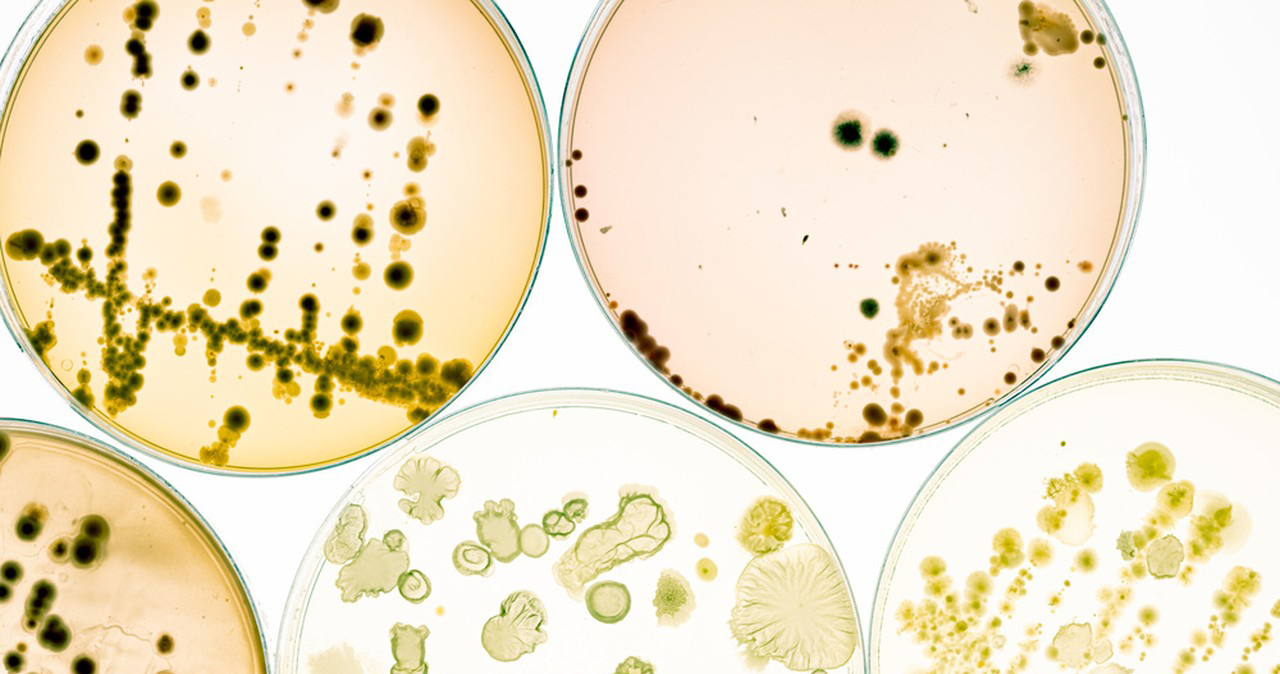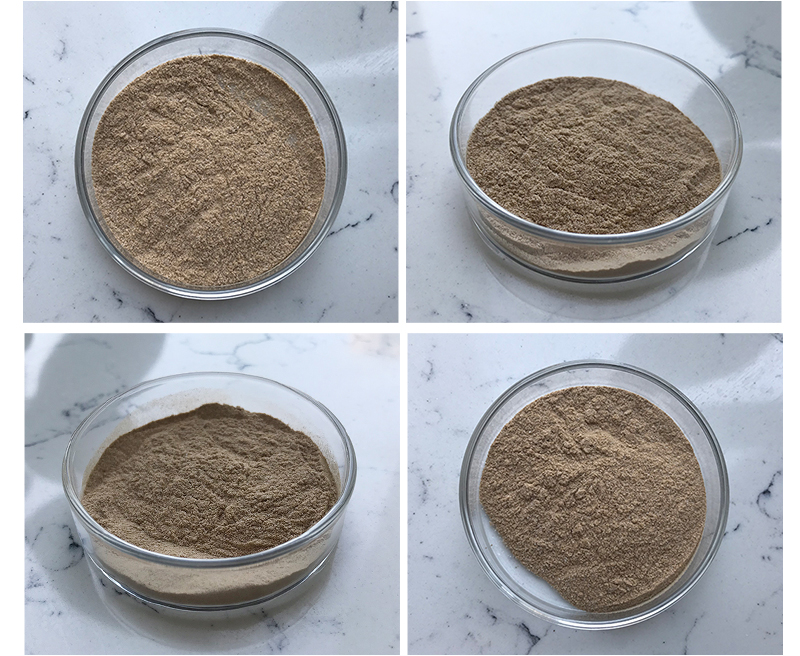Bacillus megaterium is a soil-dwelling bacterium that has several beneficial effects on agriculture. Here are some of the key impacts:
- Nutrient Solubilization: Bacillus megaterium can solubilize phosphates and other nutrients, making them more available to plants. This enhances nutrient uptake, promoting better growth and yields.
- Biocontrol Agent: It has potential as a biocontrol agent against certain plant pathogens. By outcompeting harmful microbes or producing antimicrobial compounds, it can help reduce disease incidence in crops.
- Soil Health: Bacillus megaterium contributes to soil health by improving microbial diversity and activity. It can help enhance soil structure, water retention, and aeration, all of which are beneficial for plant growth.
- Plant Growth Promotion: The bacterium produces plant growth-promoting substances such as auxins, gibberellins, and cytokinins, which can enhance seed germination, root development, and overall plant vigor.
- Biodegradation: It can aid in the breakdown of organic matter, thus contributing to soil fertility and the cycling of nutrients.

Overall, incorporating Bacillus megaterium into agricultural practices can lead to increased crop productivity, improved soil quality, and a reduction in the reliance on chemical fertilizers and pesticides.
Difference between Bacillus Megaterium and Bacillus Subtilis
Bacillus megaterium and Bacillus subtilis are both species of bacteria belonging to the genus Bacillus, but they have distinct characteristics:
1.Size and Morphology:
- Bacillus megaterium: As the name suggests, it is larger than many other Bacillus species. It typically forms large, rod-shaped cells and can appear in chains.
- Bacillus subtilis: This species is smaller and also rod-shaped, but it is generally more commonly found as single cells or in short chains.
2.Spore Formation:
- Both species are capable of forming endospores, which are resistant to harsh conditions. However, Bacillus subtilis is often used as a model organism for studying sporulation due to its well-understood genetic and physiological processes.
3.Metabolic Capabilities:
- Bacillus megaterium: Known for its ability to degrade a variety of substances and is often used in biotechnological applications, such as enzyme production.
- Bacillus subtilis: Widely studied for its role in fermentation and its use in agriculture as a probiotic. It can produce antibiotics and is involved in nutrient cycling.

4.Genetic and Biotechnological Applications:
- Bacillus subtilis: Frequently used as a model organism in molecular biology and genetics. It is also a popular host for recombinant DNA technology.
- Bacillus megaterium: Used for large-scale production of proteins and enzymes due to its ability to secrete proteins efficiently.
5.Habitat:
- Both species are commonly found in soil and decaying organic matter, but Bacillus subtilis is also often isolated from the gastrointestinal tracts of animals.
Overall, while they share some similarities, their differences in size, applications, and genetic characteristics make them suitable for different uses in research and industry.
